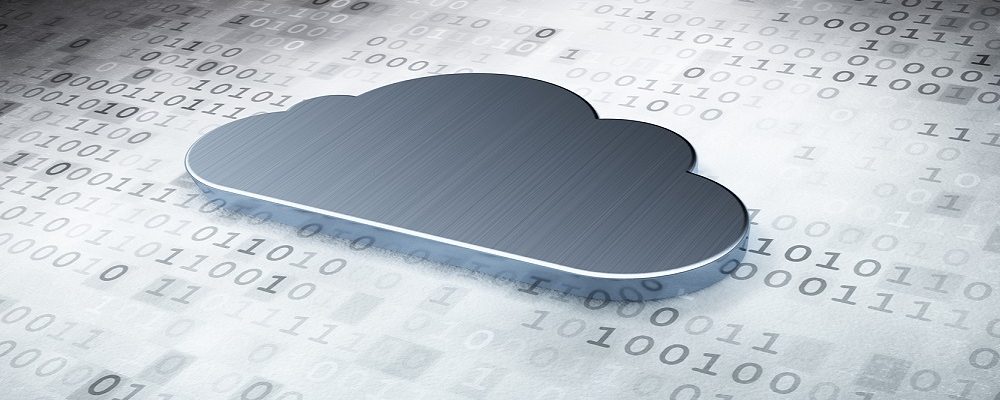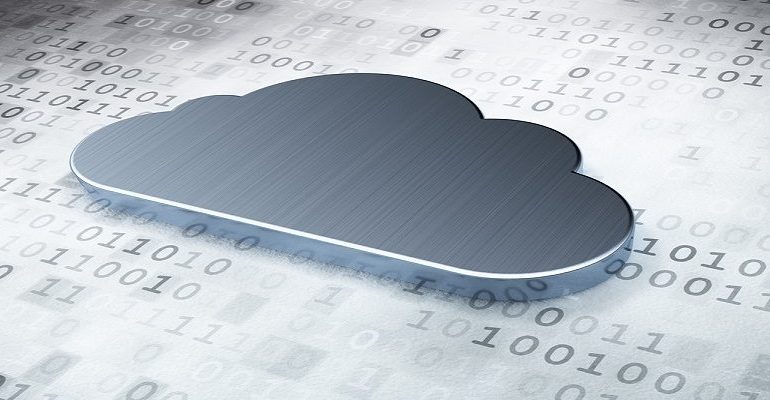
Difference between Cloud Computing and Distributed Computing

Difference between Cloud Computing and Distributed Computing
The concept of cloud computing and distributed computing looks similar but they have their distinct differences.
What is Cloud Computing?
The distribution of computing services through the internet is referred to as cloud computing. It includes using and accessing shared computer resources offered by a third-party cloud service provider such as servers, storage, databases, software, and applications.
The services provided by the managed cloud service providers are flexible and scalable, which also considerably increases their effectiveness. The services are effective for all sizes of businesses, whether they are large, medium, or small.
Benefits of Cloud Computing
- Cloud computing depends on a centralized system that an owned and managed by a cloud service provider. Users access the resources through the internet.
- Elastic scaling is a feature of cloud computing that enables customers to swiftly scale up or down their resource usage based on demand. Resources are made available on demand.
- Managing and maintaining the underlying infrastructure, which includes hardware, software upgrades, security, and backups, is the responsibility of the cloud service provider.
- Pay-as-you-go is the common model for cloud computing, in which subscribers or users pay for the resources they utilize.
What is Distributed Computing?
Multiple computers or nodes collaborate to solve a problem or complete a task in a computing architecture known as distributed computing. It involves segmenting a larger computational task into smaller subtasks that are executed simultaneously on various processors.
Then the time required to solve the task is considerably reduced because several computers are working together. The primary characteristic of distributed computing is the proper segregation of work among the computers. With this method, resource sharing is also feasible if the computers are properly coordinated and communicated. Additionally, several servers are cooperating from diverse regions to boost the system’s effectiveness.
Benefits of Distributed Computing
- Distributed computing is supported by a network of linked computers, or nodes that may be distributed geographically. Each node contributes its processing power to jointly solve a problem.
- Distributed computing can also scale horizontally by adding more machines or nodes to the network to handle larger workloads.
- In a distributed computing system, each node often needs individual management and maintenance. This includes measures for fault tolerance, coordination between nodes, and software updates.
- Setting up and maintaining individual nodes may be necessary for distributed computing, which might result in up-front expenses for hardware and ongoing maintenance.
Difference between Cloud Computing and Distributed Computing
| Cloud Computing | Distributed Computing |
| Cloud computing can be defined simply as a computing method that provides hosted services to its users or clients over the internet. | Distributed computing, to put it simply, is a method of computing that enables several computers to interact and cooperate to solve a common problem. |
| It is classified into 4 categories such as public, private, community, and hybrid clouds | It is classified into 3 types such as Distributed Computing Systems, Distributed Information Systems, and Distributed Pervasive Systems. |
| Users from all around the world can access the hosted services through the internet. | While communicating among the several computers, they combine their efforts to achieve a single result. |
| Numerous benefits come with cloud computing, such as cost effectiveness, adaptability, and dependability, scalable economies, global market access, etc. | Distributed Computing offers benefits like adaptability, dependability, improved performance, etc. |
| Some drawbacks of cloud computing include less control, particularly in the case of public clouds with potential service limitations. | Some disadvantage of distributed computing includes chances of failure of nodes, slow network may create problem in communication. |
Bottom Line
Both Cloud Computing and Distributed Computing depend on their use cases and unique requirements. The choice is based on aspects such as workload characteristics, scalability requirements, cost considerations, data privacy, security demands, and the availability of expertise.
Sapizon Technologies is rendering best in class Managed Cloud Services which accelerates your business by deploying secure, flexible, and scalable cloud solutions.
Book a demo to know in detail.